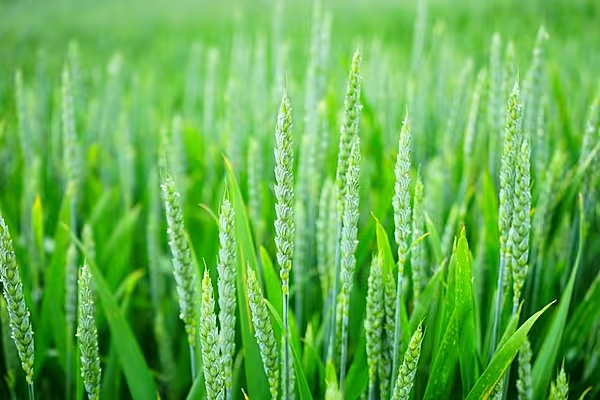Germany's 2019 wheat harvest will rise by 19.4% against last year's output to 24.20 million tonnes, the German association of farm cooperatives said on Thursday in its first forecast for the new crop.
The German harvest in 2018 was sharply reduced by a drought and heatwave but the unusually mild winter so far has helped wheat crops after sowed area was expanded, the DRV said.
Germany is the European Union’s second largest wheat producer after France. Germany also competes with France for the position of the EU’s largest producer of rapeseed, Europe’s main oilseed for edible oil and biodiesel production.
The association forecast Germany's 2019 winter rapeseed crop will fall 13.0% on the year to 3.19 million tonnes. Rapeseed suffered from dry autumn weather which prevented some planned sowings.
'Solid Performance'
“Grain crops have come through the winter half year without significant damage,” the DRV said. “The initial indications look good for a solid performance of the wheat crop this year.”
This year’s grain crop of all types would again be in the five-year average range following the especially poor harvest last year, it said.
German traders said they expected the better harvest would weaken some prices. "Feed grain prices have been above milling wheat prices in parts of Germany in past months after the drought seriously damaged fodder crops," one German trader said.
"I think the forecast crop would bring feed grain prices down to more normal levels."
Other Crops
Germany’s rapeseed area has been cut by 25.1% to 917,000 hectares after dryness in the sowing season, the association said. But after the difficult start rapeseed has benefited from a wet November and the mild winter so far.
Sowings of spring grains have started early because of warm winter weather and in parts of west and southwest Germany are already finished, which is about three weeks earlier than normal. But rain in the past two days has stopped spring sowings in parts of north and east Germany, it said.
The winter barley crop, mostly used for animal feed, will rise 33.9% on last year’s drought-reduced harvest to 9.87 million tonnes, the association estimates.
The spring barley crop, generally used for malt and beer production, is expected to fall by 6.8% on the year to 2.05 million tonnes. This is partly because there is less need to re-sow frost damaged grains after the warm winter.
The grain maize (corn) crop will increase by 27.2% to 4.25 million tonnes.
News by Reuters, edited by ESM. Click subscribe to sign up to ESM: European Supermarket Magazine.














